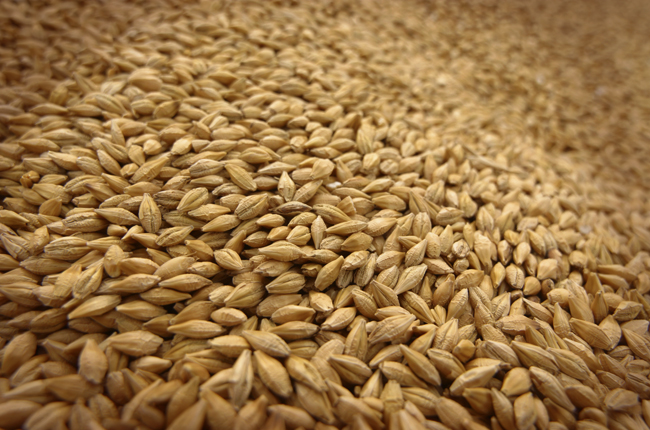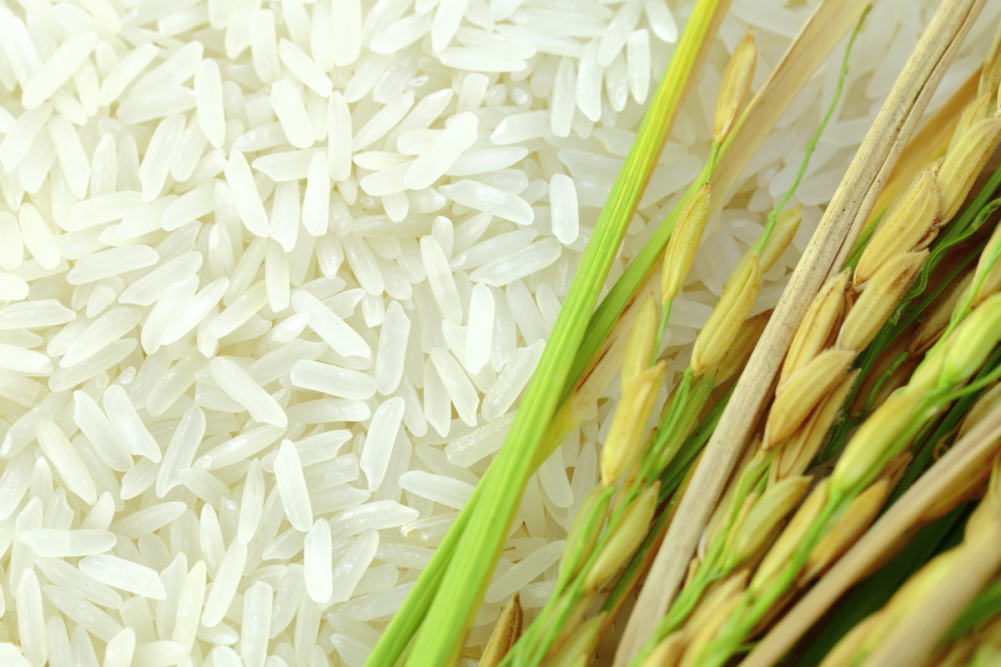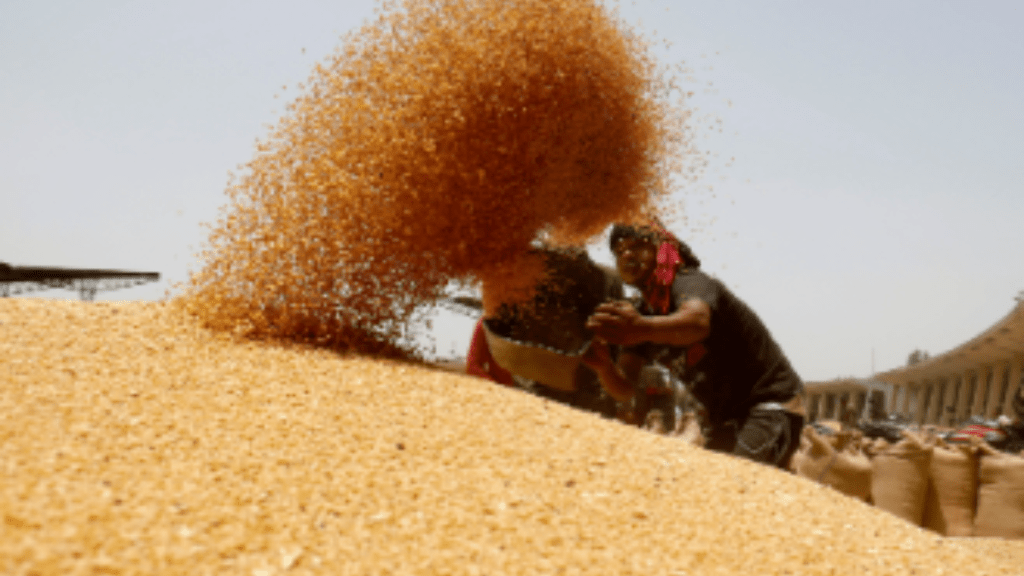Tags
Rice: Drought, insecurity, and fertiliser woes plaguing production

The Special Adviser to the Lagos State Governor on Agriculture, Dr Oluwarotimi Fashola, has identified inconsistent rainfall patterns as the major factor affecting rice production.
Fashola made this known in an interview with newsmen in Lagos on Thursday while reacting to the consistent hike in the cost of local rice.
He added that intermittent drought, high cost of fertiliser, flooding, insecurity, reduction in land cultivation, poor irrigation system and diesel were contributing factors affecting its production.
Fashola said land areas being used for cultivation in 2023 had reduced at the production level, leading to an increase in price.
He said, “from 2022 to early this year, Lagos sold Eko rice at N33,000 per 50kg bag but now, it is N43,000.
“From last year to early this year, we have been buying a tonne of paddy at N240,000, and now we are buying a tonne of rice paddy at N430,000.
“The cost of diesel has risen from N750 to between N1,300 and N1,500 in the north, and production of paddy has reduced considerably.
”Before the insurgents came in 2018, we were already hitting 12 million tonnes of paddy, but now, we barely do eight million tonnes, and the number of mills has increased.
“Let’s say in 2018, the number of functioning mills in Nigeria is barely about 70. Right now, we have over 200 mills, and the one functioning ones are more than 100,” he said.
The governor’s aide noted that paddy was not an imported rice but locally produced.
He said that rice was generally cultivated in one production cycle instead of three circles in Nigeria due to the lack of a proper irrigation system.
” Paddy production has reduced considerably, we do not have an irrigation system and we now have inconsistent rainfall patterns and intermitted drought that affects rice production.
“Apart from that, we now equally have security issues. So, our production level has shrunk.
“The land area where we’re growing rice in 2023, right now, has a reduced production level.
“Our land level has returned to what we had in 2015 and 2018 because of insecurity, drought and flooding,” he explained.
Fashola explained that the above factors had contributed to the high cost of production in addition to the increased cost of fertilizer.
“Farmers cannot even afford fertiliser. Fertilisers that used to be between N10,000 and N15,000 is now about 40,000 per bag.
“There are issues with our production, which is shrinking our production system,” he said.
Fashola said that a lot of farmers in Lagos State cultivated Ofada rice, adding that the government was gradually winning them into doing the kind of rice that was obtainable in it rice mill.
”Lagos farmers are still growing when it comes to rice production; the farmers are still developing, so right now, what we get from them is just about one per cent.
“This year, we bought about two trucks from Lagos farmer which is about 60 tonnes. Lagos rice farm is divided into Ofada and the medium grain.
“Ofada is popular because of the cost, a 50kg bag of Ofada is N60,000. We are gradually winning them into doing the kind of rice we want,” he said.
https://businessday.ng/news/article/rice-drought-insecurity-and-fertiliser-woes-plaguing-production/Published Date: December 8, 2023






